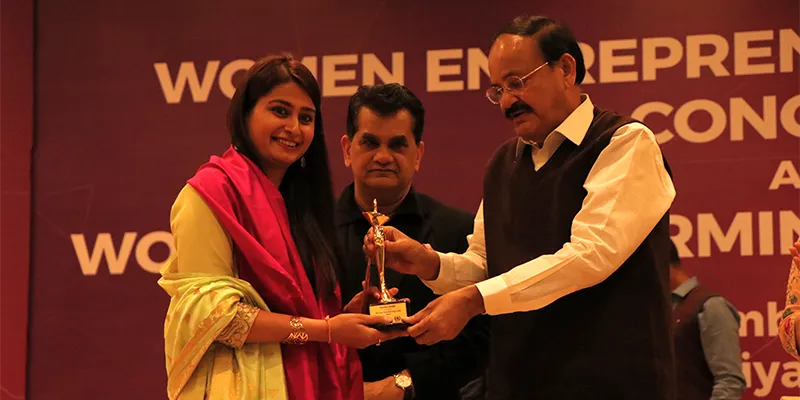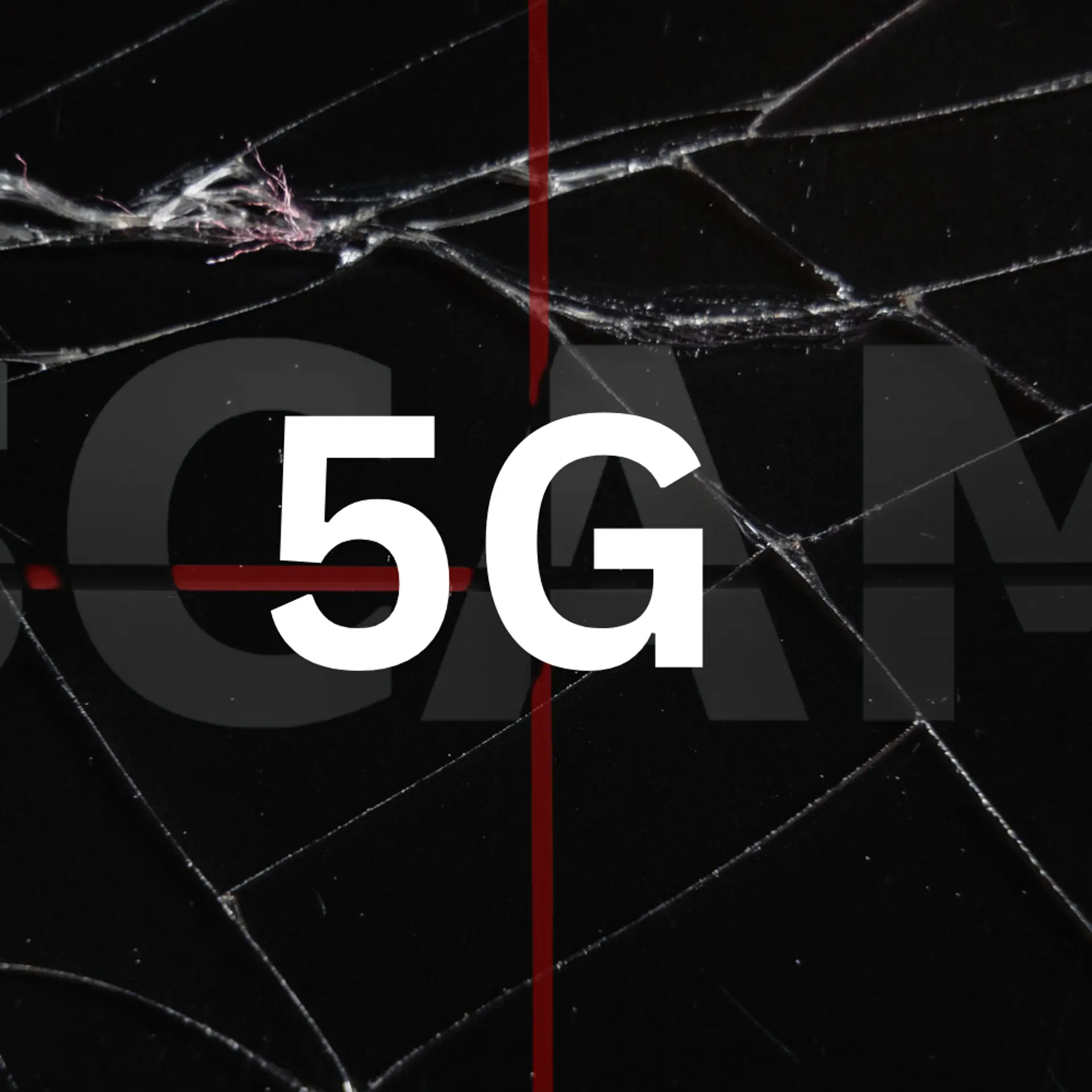How Devika Malik is overcoming disability and wheeling happiness for others
A para athlete, an entrepreneur, and a disability champion, Devika Malik has not let anything stand in the way of her success. She is also HerStory's Women on A Mission awardee for sports.
Born a premature baby with acute neonatal jaundice and hemiplegia, Devika Malik was paralysed on one side of the body. Despite her disability, nothing could stop Devika from becoming an international para-athlete. In five years (2011-2016), she won eight national and three international medals in para-athletics.
An international disability inclusion advocate, Devika co-founded the Wheeling Happiness Foundation in 2014. The organisation supports and enables people with disability sports, provides access to sports equipment, and helps them overcome other challenges, including emotional, social, and financial problems. It has also collaborated with multiple organisations such as the Rotary Club, Lion’s Club, Smile Train, and actor Shah Rukh Khan’s Meer Foundation to support its beneficiaries.

Devika Malik, Co-founder, Wheeling Happiness
The 28-year-old has been a leading voice for young people with disabilities at the Commonwealth and the United Nations, and has represented India at many international forums as well.
For her efforts, Devika received recognition from Prime Minister Narendra Modi, and was awarded the Queen’s Young Leader Award by Queen Elizabeth II at Buckingham Palace in London in 2015. She has also had the privilege of addressing the Commonwealth Heads of Government Meeting in front of the entire British Royal Family, and all 53 Heads of Commonwealth Countries, including Prime Minister Narendra Modi, at the Opening Ceremony about disability in 2018. Her work as an entrepreneur was also recognised by the NITI Aayog in 2018.

Devika Malik being recognised by Queen Elizabeth II
Daughter of Paralympian Deepa Malik, Devika feels that everything she has achieved so far is the result of her upbringing. “My mother taught me how to overcome the hurdles that are put in the path of people with disabilities. I strongly believe that a shift in mindset is the most critical aspect,” she says.
HerStory spoke to Devika to know how she overcame the challenges in her way, how she is impacting the lives of others with disabilities, and what we can collectively do to improve things for people with disabilities.
Edited excerpts of the interview:
HerStory: What are some of the things we take for granted when it comes to people with disabilities, and how can we change our perception and thoughts?
Devika Malik: One mistake that many of us make is equating disability with inability. Sometimes, we disqualify people just by assuming that they will be unable to perform a certain task. Another thing I find counter-productive is parents trying to shield their children, and not exposing them to people who look / behave differently due to medical challenges. I was bullied as a first grader by my classmates because they had not seen someone limp and walk. My parents’ advice to me was to help my classmates understand that it was simply a medical condition. And that is a lesson I carried with me always. I am lucky to say that the friends I made at 12 years of age are still some of my closest friends today.
The change in perception that needs to come about is the understanding of disability as diversity rather than inability. We are all different in different ways, and people with disabilities are the largest minority in the world. Inclusion makes the world more vibrant, and be it business, culture, or community, everyone is more enriched by universal inclusion.
HS: What has been the most challenging moment of your life and how did you overcome it?
DM: I have overcome challenges by becoming an international para-athlete, psychological counsellor, disability sports research scholar, and Co-founder of the Wheeling Happiness Foundation. I have been volunteering my time for economically underserved communities since I was 12 years old.
However, when I decided to become a full-time social entrepreneur, the first challenge was to take the decision to give up my job in a corporate training firm, which society viewed as being a more "stable" career option.
Another challenge has been to constantly having to change the mindset of people towards the capabilities of people with disabilities, and also enabling persons with disabilities to believe in their own capabilities. It is very fulfilling to positively impact lives and be recognised nationally and internationally.

Recognised by NITI Aayog: Devika Malik with Amitabh Kant and V. Naidu
HS: What does it take to overcome these challenges, and what kind of support does it require?
DM: Disability takes many forms and can be visible, invisible/permanent, or temporary. Lack of inclusive infrastructure is a universal issue present across the world. In India, you also find a correlation between disability and poverty. So, lack of personal finances can make the challenges even more daunting.
I believe that a more inclusive mindset of the society can tackle many of these issues. The more inclusive our collective thought process becomes, the better the policies for inclusion will be, the better the infrastructure will be, and the lesser chances there will be of people being discriminated. At the end of the day, we are co-dependent. So the easiest thing we can do as people with disabilities is to have the confidence to ask for help when needed, and others should be compassionate enough to readily help.
HS: How are you transforming your life and the life of others through the your organisation?
DM: With proper and affordable assistive devices, accessible infrastructure, affordable rehabilitation, inclusive environment, mentoring and counselling support, and enhanced awareness of their rights, people with disabilities can explore their full potential. This is exactly what Wheeling Happiness is enabling for its beneficiaries. My foundation (a team of seven) promotes inclusion, disability sports, raises funds for people with disabilities, and promotes better access and equality for those facing physical, emotional, and social challenges.
Wheeling Happiness has conducted disability awareness and inclusion workshops in numerous schools and colleges across India. It advises public and private sector companies on designing inclusive employment and client services strategies. It conducts accessibility audits, provides counselling, driving lessons, mobility and sports equipment, and facilitates access to public and private sector employment for economically disadvantaged persons with disabilities.
HS: Tell us how a day in your life looks like. What takes up most of your time?
DM: Most of the time, I’m either planning or delivering an initiative of Wheeling Happiness. I also have to ensure social media visibility of our work so that our donors and supporters know that their contributions are achieving the desired results. I also take some time out to manage my mother’s calendar and commitments, since she is working extensively to motivate the youth and corporates towards inclusion and having a resilient attitude in life.
I am fortunate that my work allows me to travel in my endeavour to champion disability inclusion and spread awareness at the local and global level. I am currently working with my international counterparts to draft a charter that focuses on the needs of children and young people with disabilities, which is likely to be presented at UN Headquarters in New York in June. As a Queen’s Young Leader award winner, I also have commitments to present my work at various international organisations and forums. I am fortunate to be an advisory panel member with several disability and sport-focused organisations.
HS: Who has inspired and helped you in your journey?
DM: My mother has been my greatest supporter and enabler in this journey. She has proved her own ability beyond disability, living with below-chest paralysis for the past two decades. She has achieved the highest honours in sport, becoming India’s first female Paralympic medallist, and has always been an inspiration to everyone around her. She has worked extensively to improve policies for people with disabilities, and has been the most passionate and proud supporter of my decision to turn a social entrepreneur. We work hand-in-hand to enable other people with disabilities, and my journey has been all about following in her incomparable footsteps.

Devika with her mother Deepa Malik
HS: What more can society, government, and organisations do to change things for people with disabilities?
DM: The disability act in India has been updated to reflect the Indian contextual realities of disability as well as the United Nations Convention on Rights of Persons with Disabilities. What we need now is successful implementation. Organisations proactively need to make disability a part of their business, leadership, and diversity agendas, improving both employment opportunities and customer service for people with disabilities across sectors.
As an individual, make sure you are willing to extend help when required, and if your financial situation allows, make small contributions towards making your surroundings more accessible, write to relevant authorities, and most of all, treat and interact with people with disabilities as "normally" as you would with anyone else.
HS: What is a message that you would want to share with the world?
DM: One in seven people in the world live with a disability, and moreover, we are all different in many ways. Accept and celebrate diversity, and be inclusive in your outlook.
Our sameness does not need to lie in how we look, how we learn, or how many limbs we have; our sameness must lie in our common humanity and our ability to have a joyful acceptance of each other’s differences.
Also read:
From being paralysed to winning gold, this para athlete shows life can be relearnt







